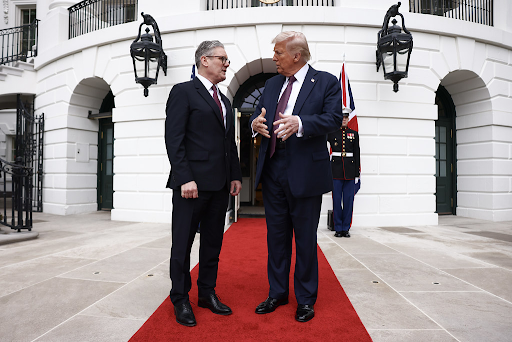The “special relationship” looked anything but on Thursday, as President Donald Trump and Prime Minister Keir Starmer reached a public impasse over the recognition of a Palestinian state. Trump’s direct “disagreement” with the UK’s policy, voiced during his London visit, exposed a deep and unresolved fissure between the two nations’ Mideast strategies.
The U.S. President doubled down on the American policy that statehood is the final destination of a long and arduous negotiation process, not a ticket to begin the journey. He argued that unilateral recognition by third parties is a violation of this principle. This viewpoint was recently on global display when the U.S. cast a solitary vote against a UN resolution that sought to advance the two-state solution.
Prime Minister Starmer, while maintaining a respectful tone, did not yield. He defended the UK’s planned recognition as a “catalyst,” a strategic tool to unblock a stalled peace process. His government believes that by granting recognition, it can help empower Palestinian negotiators and create a more urgent and balanced push towards a final agreement.
This incident reveals a fundamental conflict in diplomatic philosophy. The U.S. philosophy is one of patience and process, holding that external actors should not try to force the outcome. The new UK philosophy is one of urgency and action, suggesting that external actors have a responsibility to intervene when a process has clearly failed.
The state visit has now been marked by this significant policy division. Starmer’s decision to delay the recognition is a short-term fix to a long-term problem: the U.S. and the UK are now on divergent paths. This public impasse over Palestine is a clear signal that the two allies are no longer in lockstep on critical global issues.

